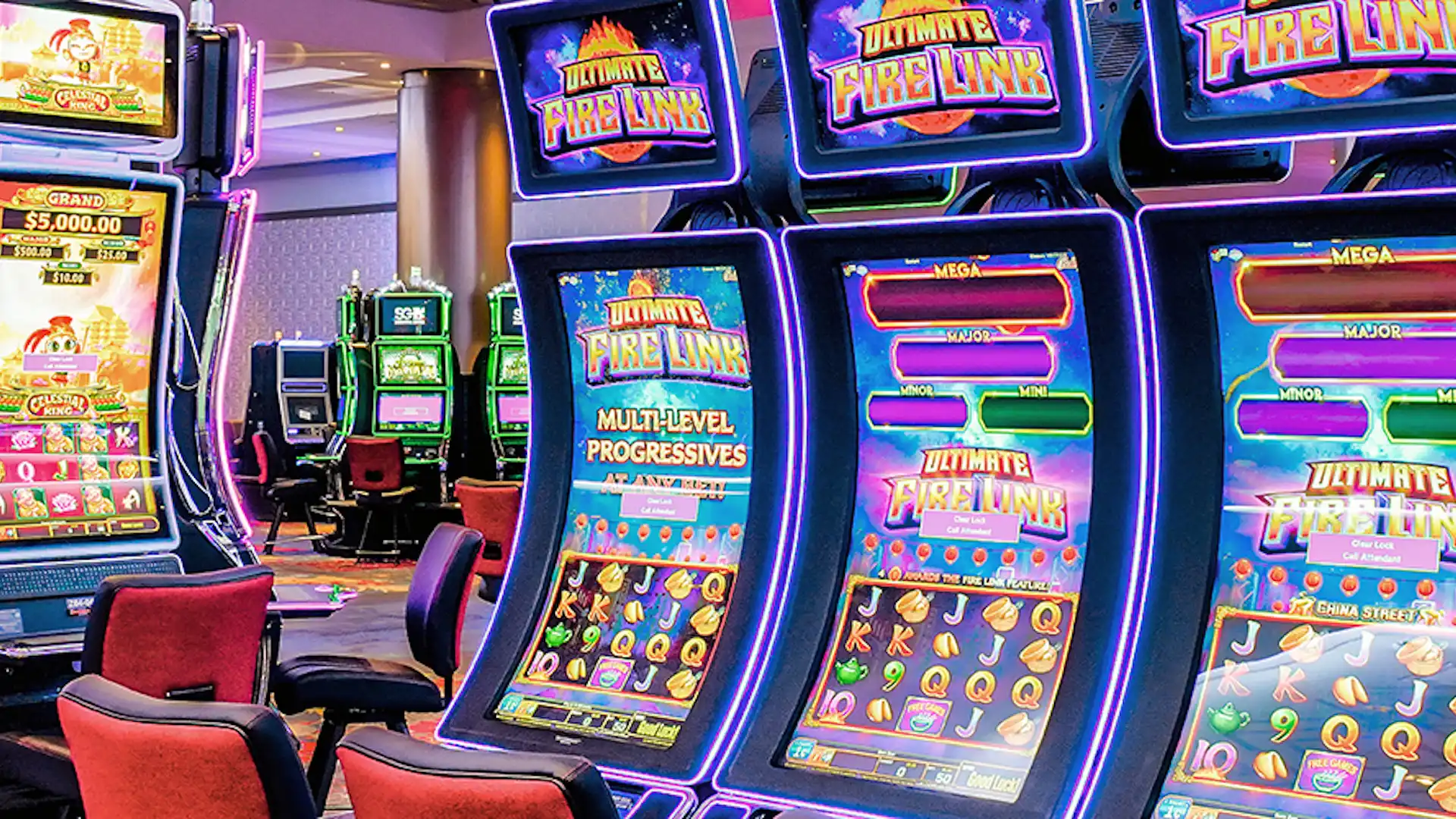Casino games have captivated for years various types of players, providing not only excitement through chance but also a tailored experience designed for different types of players. https://crisiscare.uk.com/ Including analytical thinkers who excel at strategic thinking to recreational players who seek entertainment, casinos understand the nuances of their audience and develop games that cater to these differing tastes.
In exploring the universe of casino gaming, we find a diverse array of options that interest players of all kinds. Poker tables with high stakes attract competitive players, while vibrant slot machines draw in players who seek quick rewards. Whether it be the lure of winning large or simply enjoying the social atmosphere, casinos design their game offerings to ensure that all players find a place where they feel welcome and involved. Understanding how these games are tailored to diverse types of players can enhance not only our understanding of them but also our method for choosing which games to play.

Grasping Gamer Categories
In the varied world of casino games, players can be grouped into specific types based on their incentives and preferences. These gamer categories range from the laid-back and communal gamers, who enjoy the enjoyment value and interactive engagements that gambling provides, to the more analytical and calculated players, who seek to increase their probabilities and gains. Understanding these different kinds is essential for casinos to customize their games and create engaging experiences.
One common kind is the group-oriented player, who considers casino games as a form of community interaction and entertainment rather than a serious gambling endeavor. These gamers often enjoy games that encourage engagement and togetherness, such as group-based games. Their emphasis is on the journey rather than the result, so dynamic environments and mutual moments are what they value the most.
On the opposite end of the spectrum, tactical players are driven by rivalry and the pursuit of skill. They tend to be drawn toward games that demand strategic thinking and strategy, such as blackjack, where their competencies can determine the conclusion. This category often interacts with the games on a deeper level, utilizing knowledge and tactics to gain an edge. Grasping these motivations allows casinos to build environments and game selections that suit to each gamer’s distinct choices.
Strategies for Game Design
Gambling games are designed with diverse player types in mind, utilizing multiple strategies to attract and capture them. For recreational players, the focus is on simplicity and clarity. Games like slot machines are frequently visually appealing with straightforward mechanics. This allows players to experience the gameplay without a difficult learning curve, fostering an welcoming atmosphere. The bright colors, catchy sounds, and thematic elements create a playful environment where players can easily get involved and entertained.
For tactical players who enjoy a more profound level of involvement, games such as Texas Hold’em and blackjack offer depth and strategic elements. These games incorporate strategy and decision-making, appealing to players who thrive on competition and want to utilize their mental skills. The design of these games regularly includes intricate rules and mechanics that challenge players to hone their skills and create strategies over time, creating a rewarding experience for those who appreciate mastering the game.
Additionally, community-oriented players are catered to through games that emphasize engagement and community. This comprises live dealer games and multiplayer games, which foster a sense of camaraderie among players. The design of these games typically incorporates chat features and social elements, allowing players to connect and share experiences. By creating an environment where interaction is encouraged, casinos can effectively involve community players, making the gaming experience more enjoyable and memorable.
Improving Participant Engagement
Betting titles have progressed considerably to provide a significantly engaging environment for players. Application designers focus on stunning images, dynamic soundscapes, and innovative gameplay mechanics that engage participants into the gaming space. By leveraging digital advancements, such as VR and AR, casinos ensure that participants feel as if they are part of a thrilling experience, enhancing not just the enjoyment of the titles but also the overall enjoyment of being in a gambling venue.
Social interaction is another important aspect in improving participant experience in betting options. Several options are crafted to promote interaction among players, whether through multiplayer formats or social tools. This community feature is attractive to gamers who like connecting with other participants while playing, fostering a feeling of community. Moreover, social features can include leaderboards, tournaments, and incentives for collaborative gaming, which attract ambitious gamers and motivate them to return for more.
Finally, customization plays a crucial role in customizing the engagement for various player types. Betting companies and title creators analyze gamer activities and likes to offer customized game suggestions and benefits. By grasping the unique tastes of gamers, betting venues can present customized offers, rewards, and new titles that resonate with each gamer, thus improving their total enjoyment and devotion to the gaming venue.
